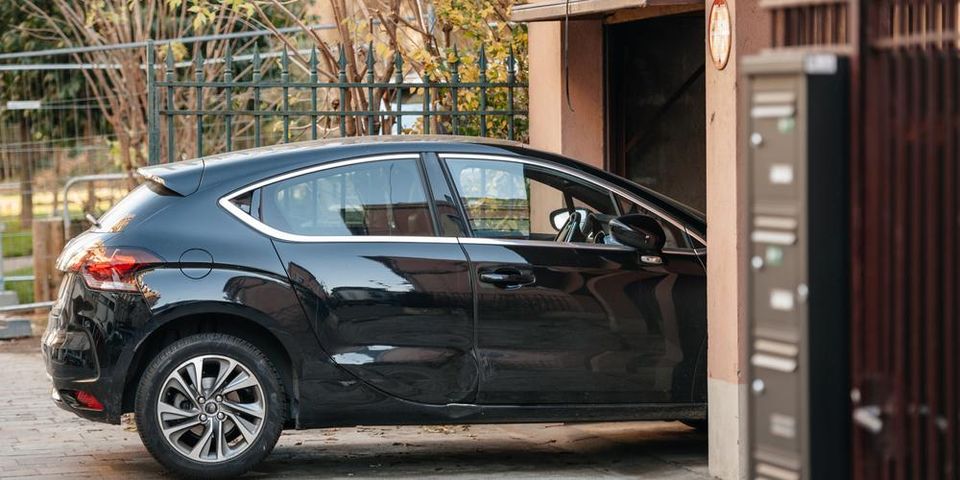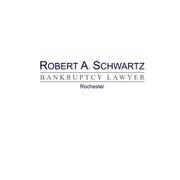
It's common to fall behind on bills when financial challenges arise, especially if you have mounting debt. Unfortunately, failing to cover automobile loans puts owners at risk of vehicle repossessions. Luckily, one of the following strategies may allow you to keep your property.
How to Protect Your Car From Debt Collectors
1. Catch Up On Payments
Paying the entirety of the default balance allows you to keep your belongings. You can use a tax refund or borrow money from a family member to do this.
If you have a co-signor, you may be able to obtain a loan to refinance the existing loan. This is especially helpful if the loan term or interest rate are causing your payment to be more than you can currently afford.
2. Negotiate With the Lender
 Some financial companies are lenient with clients who have been otherwise dependable with their auto loans. If you’ve missed payments only because of a recent financial difficulty, the lender may agree to move the missed payments and accompanying fees and penalties to the end of the loan.
Some financial companies are lenient with clients who have been otherwise dependable with their auto loans. If you’ve missed payments only because of a recent financial difficulty, the lender may agree to move the missed payments and accompanying fees and penalties to the end of the loan.
This buys you more time to pay the loan, but it’s only helpful if the financial difficulty is over so that you are now able to resume making regular monthly payments again and eventually pay all monthly installments due.
3. File for Bankruptcy
All collection activities, including vehicle repossessions, stop when you file for bankruptcy. While neither Chapter 7 or Chapter 13 options allow you to keep your vehicle without any eventual payment, they may help you retrieve it if it does get repossessed.
For example, Chapter 7 discharges unsecured debt such as credit cards, personal loans,and medical debt and also stops wage garnishments, which may then put you in a better position to pay your monthly auto payments. If your car has already been repossessed, or if you are not interested in making any more payments, Chapter 7 will discharge all liability including deficiency balances after repossession and auction. Chapter 13, on the other hand, spreads the payment period over the term of your payment plan (3-5 years) and may even allow for a reduction of your interest rate. Depending on how long you have had your loan, Chapter 13 may also reduce the principal balance to the replacement value of the vehicle.
If you’re facing vehicle repossession in the area of Rochester, NY, reach out to Robert A. Schwartz to find out what legal options are available. For over 30 years, this debt relief lawyer has helped Monroe County residents secure fresh starts. They’re dedicated to the needs of their clients and help people negotiate with lenders and decide the best solutions for their needs. Learn more about their help with car loans online, or call (585) 334-4270 to discuss your situation.
About the Business
Have a question? Ask the experts!
Send your question

